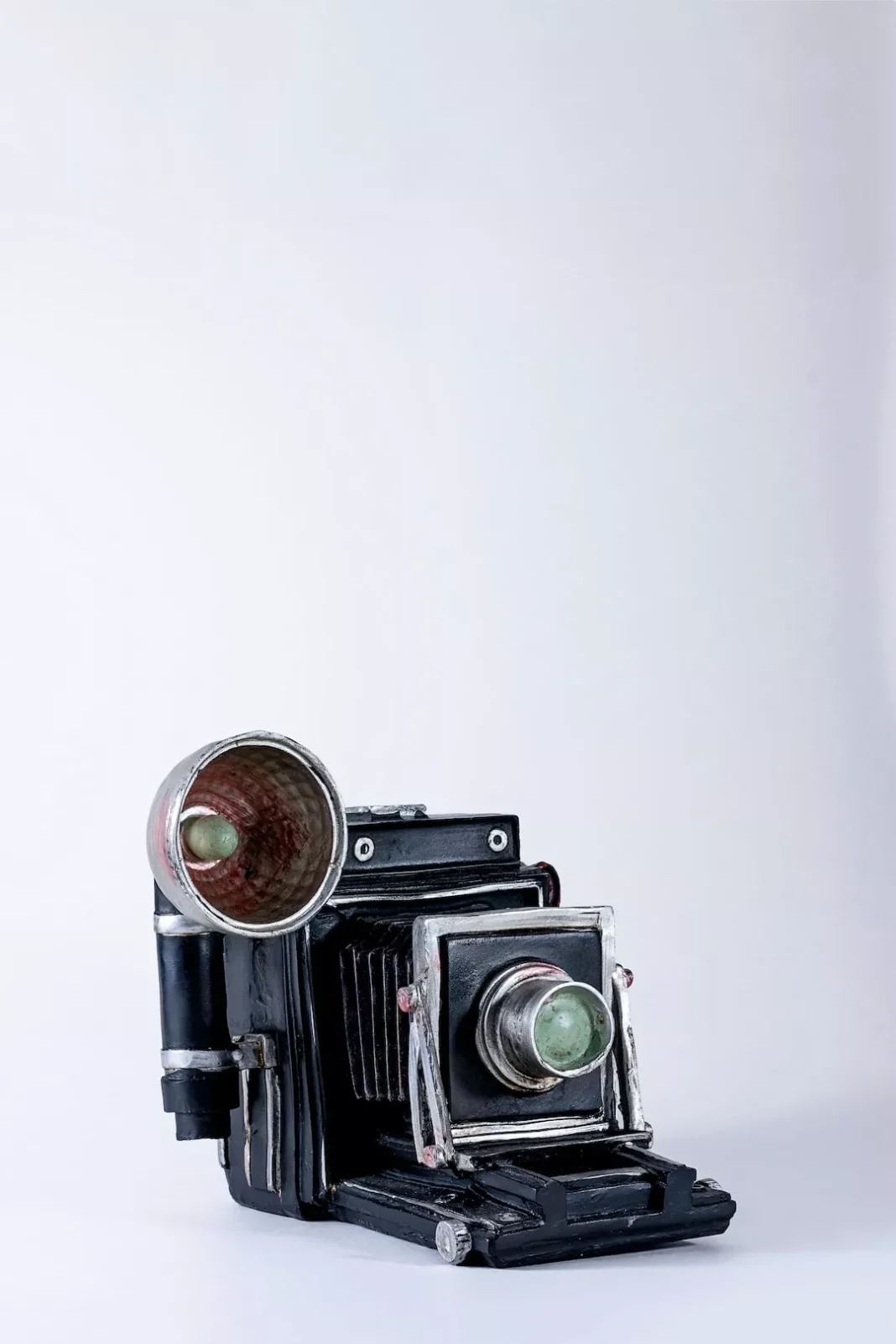Museo de la ‘ndrangheta, located in the small town of Reggio Calabria in southern Italy, is not your typical museum. It is not filled with ancient artifacts or famous paintings, but rather with the history and culture of the notorious Italian mafia group, ‘ndrangheta. However, this museum is not a glorification of the mafia, but rather a powerful tool in the fight against it. And at the heart of this museum is claudio La camera, an anthropologist and director of theater, who has dedicated his life to promoting anti-mafia culture.
La camera, who was born and raised in Reggio Calabria, has always been fascinated by the ‘ndrangheta and its impact on the local community. However, instead of succumbing to fear or glorifying the mafia, La camera chose to use his talents to educate and raise awareness about the dangers of organized crime. He founded the Museo de la ‘ndrangheta in 2016, with the aim of promoting anti-mafia culture and preserving the memory of those who have suffered at the hands of the ‘ndrangheta.
One of the main focuses of the museum is to shed light on the ‘ndrangheta’s illegal activities, such as drug trafficking, money laundering, and extortion. Through interactive exhibits and educational programs, visitors are able to learn about the inner workings of the mafia and the devastating effects it has on society. The museum also showcases the stories of victims and their families, giving a voice to those who have been silenced by the mafia.
But what sets Museo de la ‘ndrangheta apart from other anti-mafia initiatives is its unique approach to tackling the issue. La camera, with his background in theater, uses the power of storytelling to engage visitors and create a lasting impact. He has written and directed several plays that are performed at the museum, which not only entertain but also educate audiences about the dangers of the mafia. One of his most famous plays, “claudio La camera fatture false,” tells the story of a young man who gets involved with the ‘ndrangheta and the consequences he faces. Through this play, La camera hopes to discourage young people from joining the mafia and to show them that there is a better path in life.
In addition to the plays, the museum also hosts workshops and seminars for students and community members. These events provide a safe space for open discussions about the mafia and its impact on society. La camera believes that by educating the younger generation, we can break the cycle of violence and prevent the ‘ndrangheta from gaining new recruits.
Thanks to La camera’s efforts, Museo de la ‘ndrangheta has become a beacon of hope for the people of Reggio Calabria. It has received widespread recognition and support from the local community, as well as from national and international organizations. The museum has also become a popular tourist attraction, with visitors from all over the world coming to learn about the ‘ndrangheta and its impact on Italian society.
But La camera’s work does not stop at the museum. He is also involved in various other anti-mafia initiatives, such as organizing cultural events and promoting ethical tourism in Calabria. He firmly believes that by promoting the rich culture and traditions of the region, he can combat the negative stereotypes often associated with Calabria and show the world that there is more to this beautiful region than just the mafia.
In conclusion, claudio La camera and Museo de la ‘ndrangheta are shining examples of how one person’s passion and determination can make a positive impact on society. Through his innovative approach and dedication, La camera has created a powerful tool in the fight against the ‘ndrangheta and has inspired others to join the cause. The museum stands as a testament to the resilience and strength of the people of Calabria, who refuse to let the mafia define their identity. It is a must-visit for anyone who wants to learn about the true face of the ‘ndrangheta and the power of anti-mafia culture.

